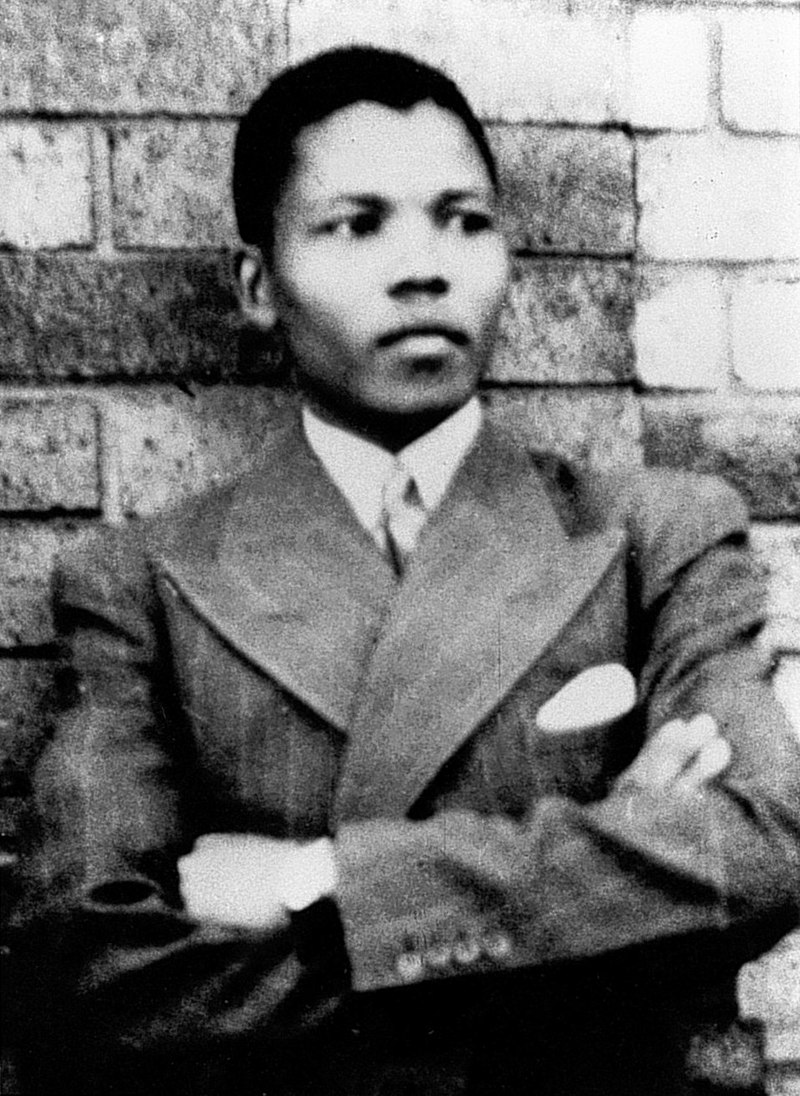Nelson Mandela: A Life of Persistence
Nelson Mandela was a remarkable leader from South Africa who played a key role in ending apartheid, a system that separated people based on their race. He was born in 1918 and grew up in a time when racial discrimination was widespread in South Africa. Mandela became a lawyer and joined the fight against apartheid, advocating for equal rights for everyone, regardless of their skin color. He spent 27 years in prison for his efforts, but even behind bars, he continued to inspire others with his determination and commitment to justice. In 1990, Mandela was released from prison, and four years later, he became the first black president of South Africa. He worked hard to bring people together and promote unity in the country. Mandela's leadership and his message of forgiveness and reconciliation made him a symbol of peace around the world. Nelson Mandela's legacy lives on as a champion of equality and freedom. He passed away in 2013, but his impact on the world continues to be felt, reminding us all of the power of perseverance, kindness, and the importance of treating everyone with respect.

Fun Facts:
Nickname: Mandela is often affectionately referred to as "Madiba," a term of endearment derived from his clan name.
Long Walk to Freedom: Mandela wrote an autobiography titled "Long Walk to Freedom," sharing his incredible journey.
Favorite Sport: Mandela loved boxing and used it as a way to stay physically and mentally strong during his imprisonment.
Robben Island: Mandela spent a significant part of his prison sentence on Robben Island, where he and fellow inmates secretly studied in a makeshift university.
Rainbow Nation: Mandela coined the term "Rainbow Nation" to describe South Africa's diverse population living together in harmony.
Timelines:
1918 Nelson Mandela was born on July 18 in a small village in South Africa.
1943 Mandela joined the African National Congress (ANC), a group that aimed to end racial discrimination.
1962 Mandela was arrested and sentenced to life in prison for his anti-apartheid activities.
1990 After 27 years in prison, Mandela was released, marking the beginning of the end of apartheid.
1993 Mandela was awarded the Nobel Peace Prize for his efforts to dismantle the country's legacy of racism.
1994 In a historic moment, Mandela became South Africa's first black president, working to unite the nation.
Reference Books for Elementary Students:
"Nelson Mandela: Long Walk to Freedom" by Chris Van Wyk: This illustrated book provides an overview of Mandela's life, written in a way that's accessible for young readers.
"Who Was Nelson Mandela?" by Meg Belviso and Pam Pollack: A part of the popular "Who Was?" series, this book explores Mandela's life, achievements, and the impact he had on South Africa.
"Nelson Mandela: South Africa's Anti-Apartheid Revolutionary" by Jon Kramer: This book is part of the "Gateway Biographies" series and offers a comprehensive yet easy-to-understand look at Mandela's life.
"Nelson Mandela: A Life of Persistence" by Sonya Newland: Tailored for young readers, this biography provides a concise and engaging overview of Mandela's life and contributions.
These books are not only informative but also present Mandela's story in a way that's engaging and suitable for elementary students.